Publications
Articles, publications, books, tools and multimedia features from the U.S. Institute of Peace provide the latest news, analysis, research findings, practitioner guides and reports, all related to the conflict zones and issues that are at the center of the Institute’s work to prevent and reduce violent conflict.
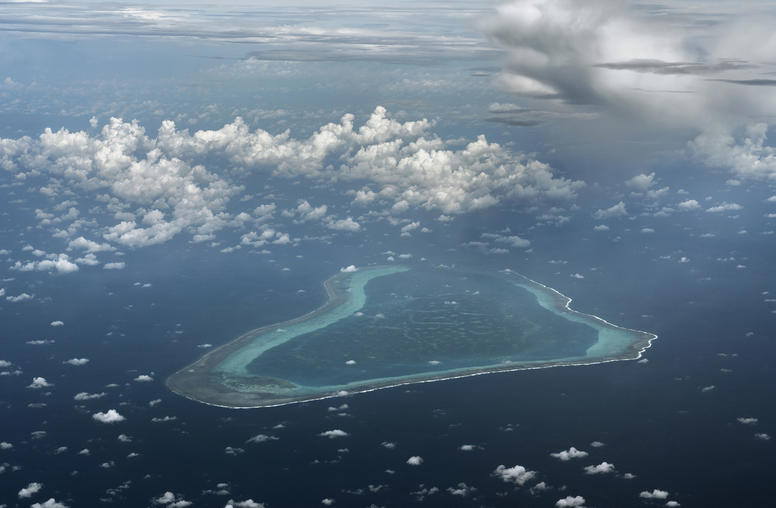
Tensions Rise as Washington Rejects Beijing’s Maritime Claims
Based on what Beijing calls “historic rights,” China claims vast swaths of the South China Sea, including waters and features also claimed by the Philippines, Vietnam, Malaysia, and Brunei. With no reference to international law, China’s “nine-dash-line” encompasses 80 percent of the South China Sea reaching as far south as more than 1,000 nautical miles from the China’s coast, within 50 nautical miles of Malaysia. Within these waters lie features occupied by China, the Philippines, Vietnam, Malaysia, and Taiwan, including three artificial islands that China built in 2012 and has since developed into military bases.
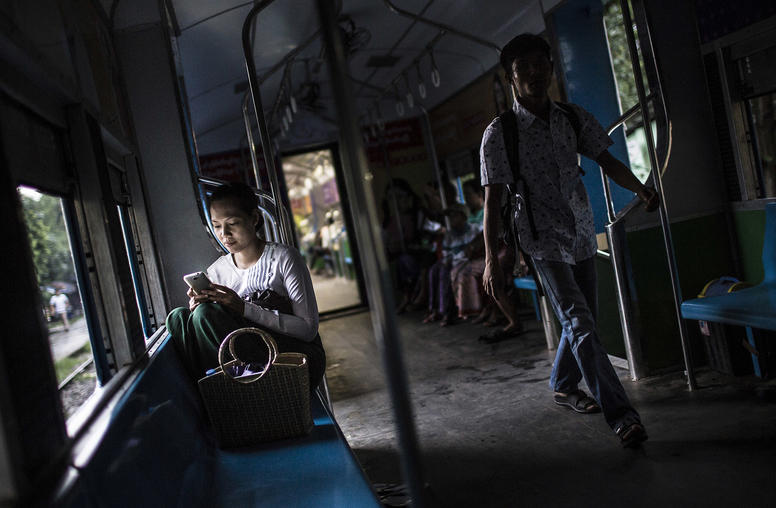
Myanmar: Transnational Networks Plan Digital Dodge in Casino Enclaves
The plans transnational crime groups have for Myanmar’s border region with Thailand are by no means easy to understand. Shards of information lie scattered across China, Myanmar, Cambodia, the Philippines, and Thailand. They appear in various languages in publicity videos on the internet, in business plans circulated on social media, and in white papers released by companies and individuals launching increasingly sophisticated schemes. The outline becomes clear, however, after cutting through denials and obfuscations, untangling local and international politics, and assembling the fragmentary data: A multinational cohort of individuals, linked to cross-border criminal activity, has allied with local armed groups in Myanmar to establish a base of operations beyond the reach of its civilian government. This creates an optimal environment to tap into the $25 billion-a-year illegal online gambling market in the People’s Republic of China.
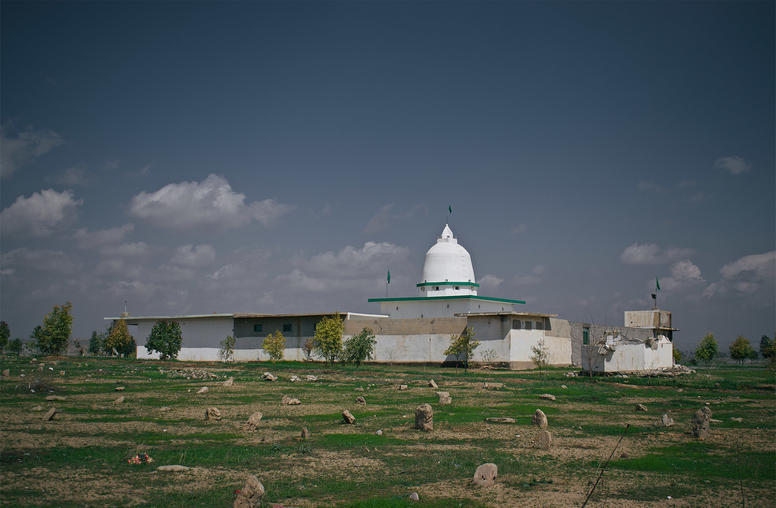
Threat to Kakai Community Poses Broader Challenges for Iraq’s Democracy
Amid the global pandemic, ISIS and the havoc it still wreaks have largely fallen out of the headlines. Nonetheless, the terrorist group’s genocidal march against Iraqi minorities has continued. In Iraq’s eastern Diyala province, ISIS has targeted the Kakai minority with multiple, vicious attacks. The plight of the Kakai community in Iraq is a microcosm of the larger existential challenges Iraq faces. Ethnic and sectarian divides have been a flashpoint for conflict and division for decades. For Iraq to move past the wreckage of ISIS, prevent the terrorist group’s resurgence, and advance its struggling democracy, the Kakai must not only be protected but woven more meaningfully into the diverse tapestry that is Iraq—and the United States has the opportunity to help.
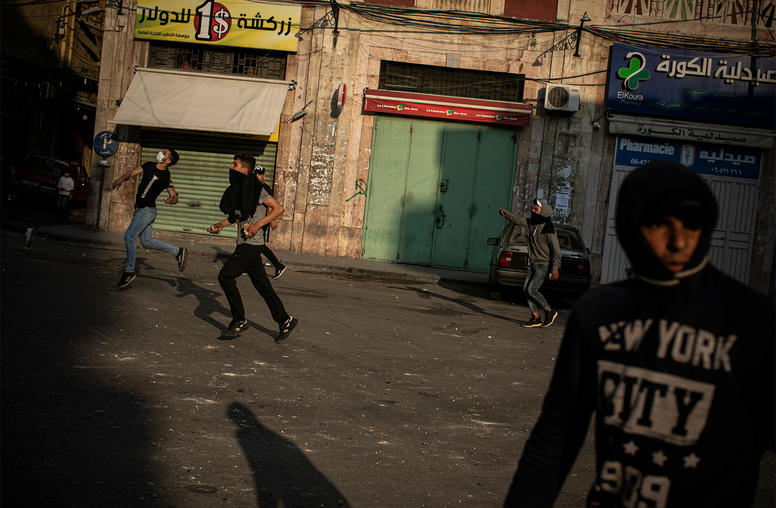
Lebanon's Unraveling Could Upend the Region and U.S. Interests
While Americans are understandably preoccupied with multiple crises at home, a catastrophe is looming in Lebanon with significant implications for the United States. Roiled by a major debt crisis that has been compounded by the COVID-19 pandemic and economic lockdown measures, Lebanon is rapidly spiraling toward the worst-case scenario: a failed state on the eastern Mediterranean.
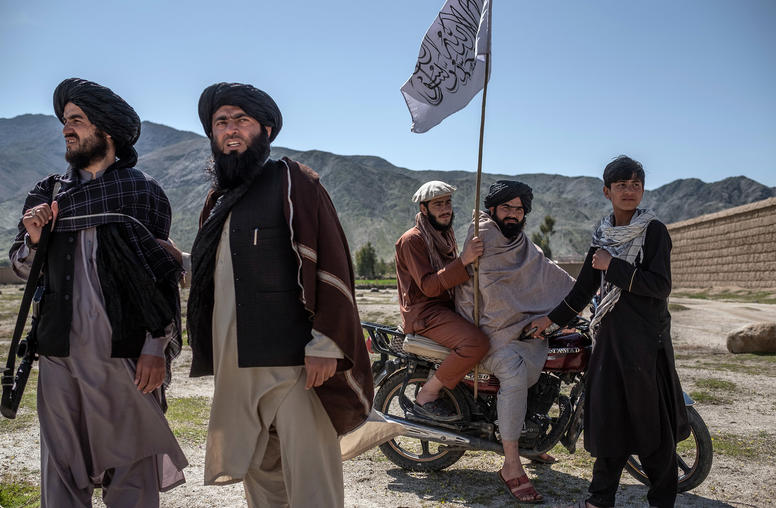
Afghanistan: Can Central Asia Help Spur Peace with the Taliban?
Afghanistan’s peace process could be taking a major step forward in August with the potential commencement of intra-Afghan talks, said the U.S. chief negotiator on Friday. “This is an important moment for Afghanistan and for the region—perhaps a defining moment,” said Ambassador Zalmay Khalilzad. Peace in Afghanistan would redound to the benefit of the entire region. As the peace process stumbles forward, one critical but often overlooked element is the role of Afghanistan’s Central Asian neighbors.
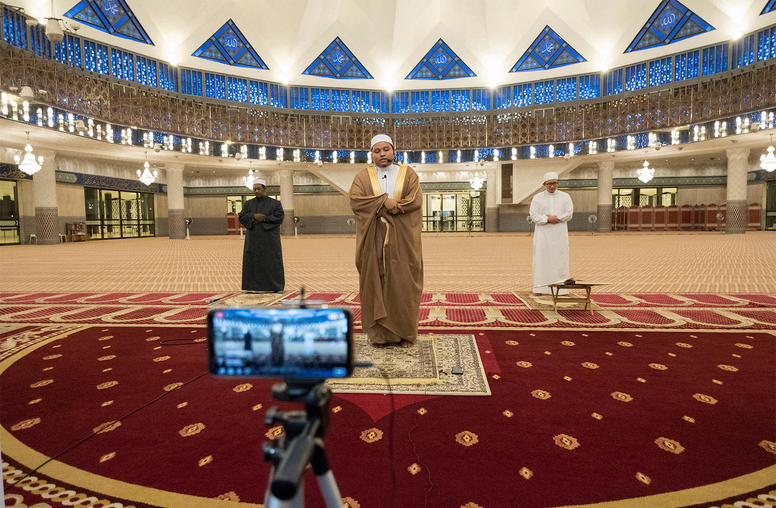
COVID-19 Heightens Congressional Concerns About Global Religious Freedom
In the midst of the COVID-19 pandemic, concerns about international religious freedom continue to exist, especially as state lockdowns have made it even harder to monitor its status.
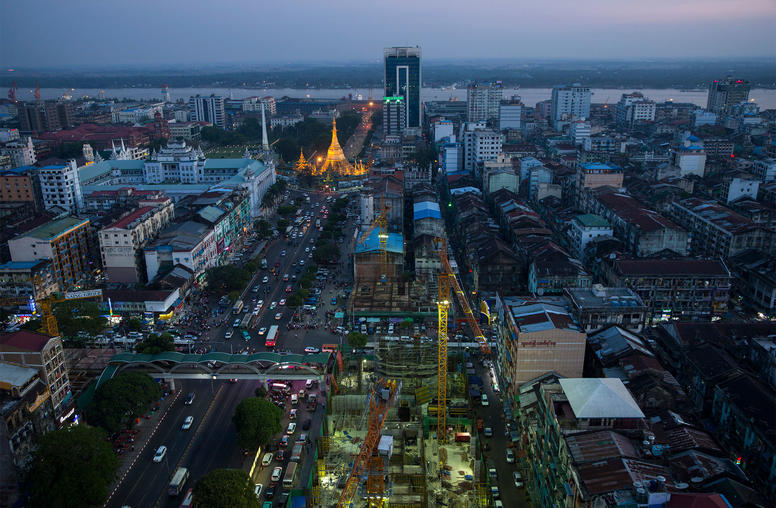
Myanmar: Casino Cities Run on Blockchain Threaten Nation’s Sovereignty
On January 20, a young venture capitalist named Douglas Gan sat down in a Philippine television studio to discuss, in part, an exciting new “Smart City” project his firm had become involved in. Sporting a black hoodie over a white tee-shirt, Gan described how one of his companies, Building Cities Beyond Blockchain, was already at work in Myanmar’s Yatai New City, recording instantaneous property transfers and showing the potential of blockchain technology. It’s a start, the anchor said. Gan agreed.

Coronavirus Throws Another Challenge at Syria’s Doctors
As COVID starts to surge in Syria, the pandemic poses extraordinary challenges in one of the world’s most complex conflict zones. Nearly a decade of war has left Syria’s health care system in shambles. With supplies and trained personnel scarce, medical providers have struggled to meet the needs of millions of displaced Syrians. Meanwhile, medical workers have not been spared from the violence—despite international condemnation, health care facilities have been targeted by military strikes over 500 times since 2011.
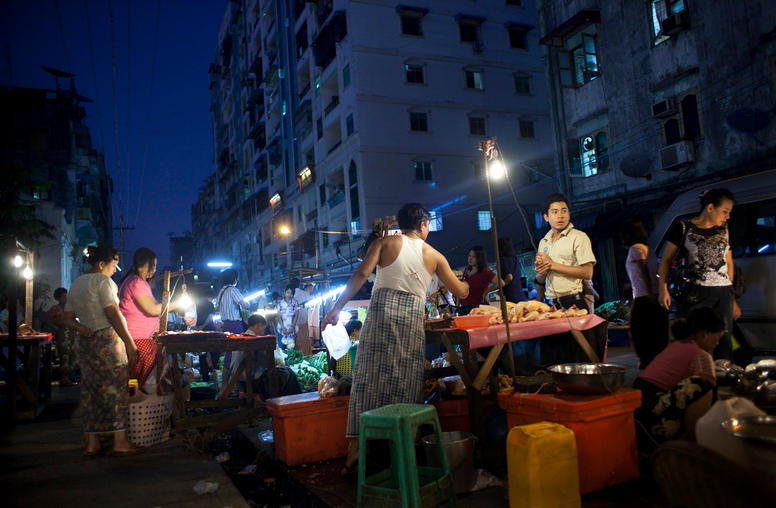
The Dangers of Myanmar’s Ungoverned Casino Cities
As a struggling, incomplete democracy, Myanmar and its elected leaders face challenges that would confound any country. The best-known involve the military’s uneven loosening of a 50-year dictatorship; ethnic tensions and armed conflicts; the lack of a common national identity; entrenched poverty; and the complications of borders with five nations, including China. Less well known is an emerging threat that touches each of these vital concerns. Over the past three years, transnational networks with links to organized crime have partnered with local armed groups, carving out autonomous enclaves and building so-called “smart cities” to tap into the huge, but illegal, Chinese online gambling market. Myanmar’s leaders at every level and in every sector should pay serious attention to the alarming national implications of these developments.
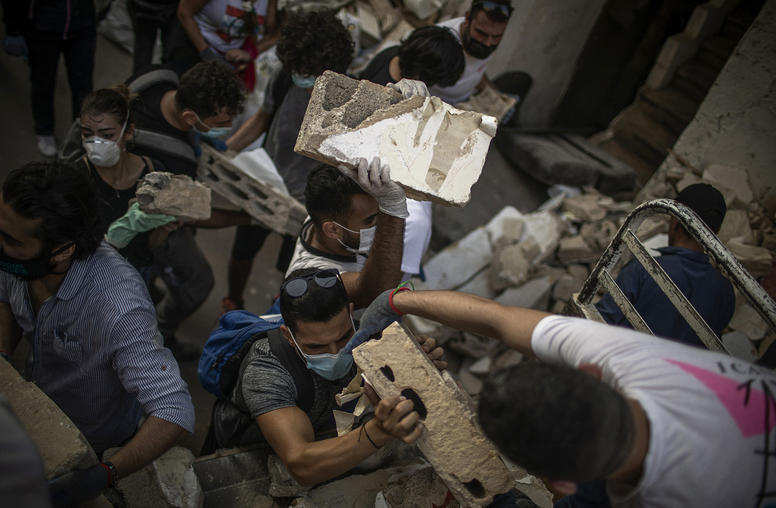
After Beirut Blast, What’s Next for Lebanon’s Broken Political System?
A massive explosion ripped through the Port of Beirut on August 4, sending shockwaves through the Lebanese capital, killing approximately 200, injuring thousands, and leaving upwards of 300,000 homeless. This comes with Lebanon already on the brink of economic collapse, struggling to address a COVID outbreak, and as the trust gap between citizens and the state is wider than ever. Although in the immediate aftermath of the explosion some suggested Lebanon had been attacked, the cause of the explosion is likely much more banal: government negligence resulted in thousands of pounds of explosive chemical material to be improperly stored in the port for years. USIP’s Elie Abouaoun and Mona Yacoubian examine what this means for Lebanon’s beleaguered political system, the long-term implications for the country, and how the international community has responded so far.